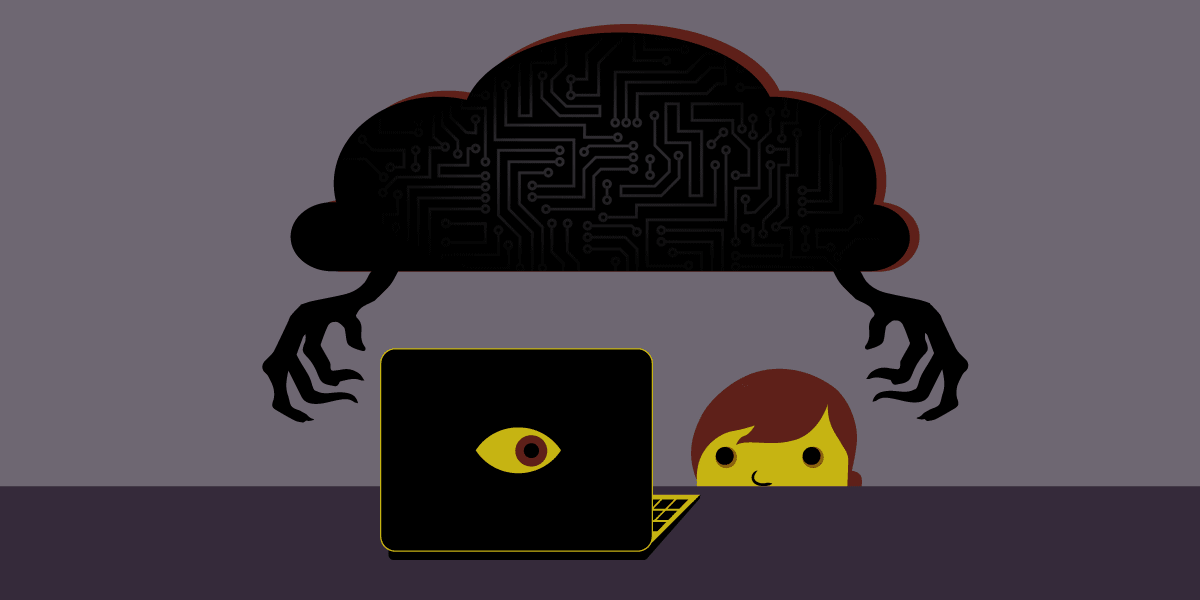- cross-posted to:
- [email protected]
- [email protected]
- cross-posted to:
- [email protected]
- [email protected]
Following the same legislative and narrative pattern as the EU for “Chat Control”, similar laws and rhetoric are now cropping up in the US. The narrative is “save the children from porn” but the action is censorship, mass surveillance, and the elimination of privacy on the Internet.
As of this writing, Wisconsin lawmakers are escalating their war on privacy by targeting VPNs in the name of “protecting children” in A.B. 105/S.B. 130. It’s an age verification bill that requires all websites distributing material that could conceivably be deemed “sexual content” to both implement an age verification system and also to block the access of users connected via VPN. The bill seeks to broadly expand the definition of materials that are “harmful to minors” beyond the type of speech that states can prohibit minors from accessing—potentially encompassing things like depictions and discussions of human anatomy, sexuality, and reproduction.
Wisconsin’s bill has already passed the State Assembly and is now moving through the Senate. If it becomes law, Wisconsin could become the first state where using a VPN to access certain content is banned. Michigan lawmakers have proposed similar legislation that did not move through its legislature, but among other things, would force internet providers to actively monitor and block VPN connections. And in the UK, officials are calling VPNs "a loophole that needs closing.



It’s a half-measure, kind of like using a VPN. The problem with using your preferred browser is that it’s not designed to prevent any identifying leaks, so you could be fingerprinted at basically any time and your efforts will have been for nothing. Also, if you’re using an insecure OS (like the version of android that comes preinstalled with your phone), that’ll prevent its effectiveness full stop.
For situations like those, you aren’t really using Orbot (or any VPN-esque solution) for genuine privacy. Those tools are useful for Utility (circumventing region blocks, ISP filters, IP blocks, so on), and Plausible Deniability (Piracy, usually through torrenting). If what you seek falls into those two categories, good for you, but true privacy has to be achieved through something like Tails or a secure OS with Tor Browser, sorry.